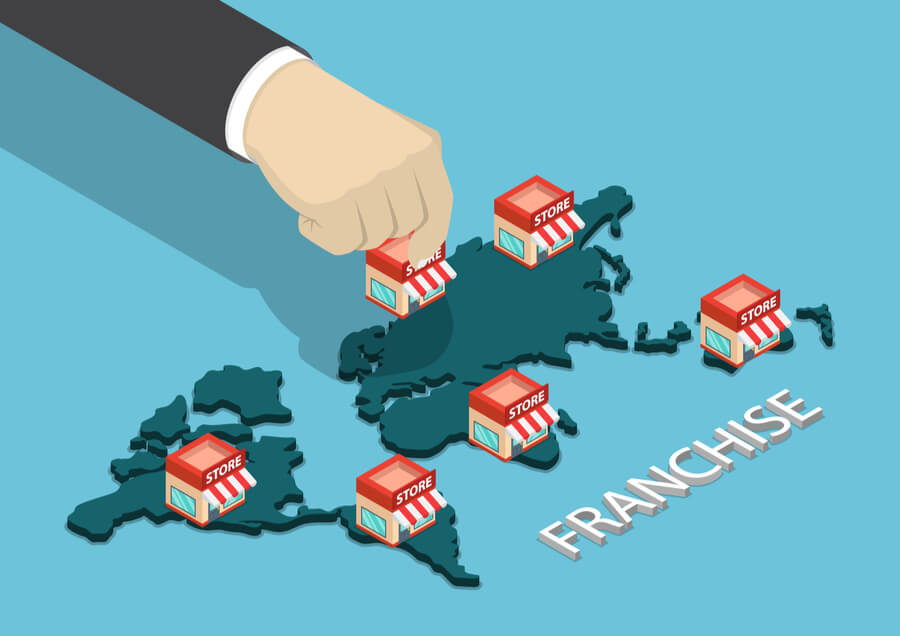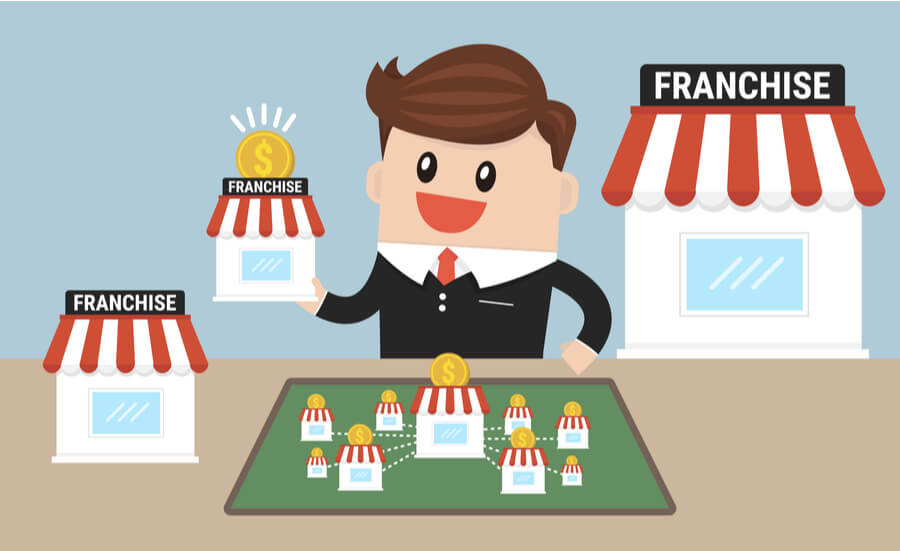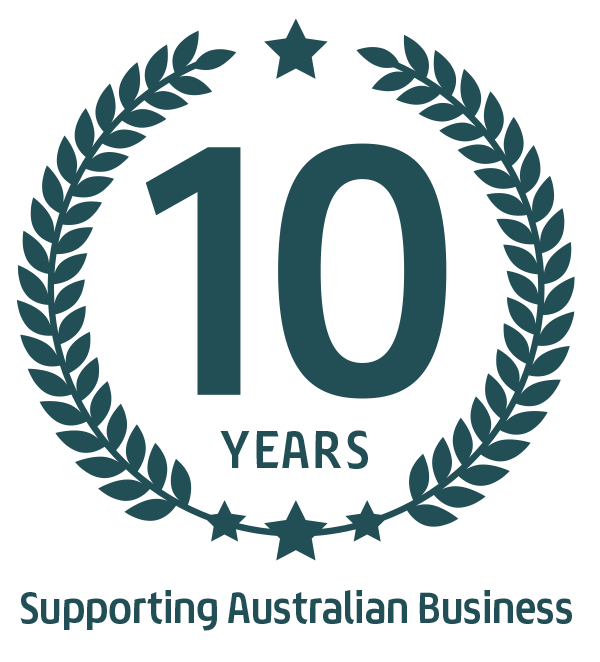Branching out on your own as a new business is both exciting and daunting. If you’re considering taking on a franchise and require finance, you may find it surprising just how straightforward it is. Knowing how to finance a franchise business is just the first step.
What Is A Franchise Business?
A franchise business is a business model whereby multiple smaller businesses’ operate under the established name of a larger business. The franchisee sells products and services via a provided marketing strategy, with all aspects of individual franchises mirroring the parent company. The franchisee handles the day to day running of the business and takes a share of the profits.
Franchising offers reduced start-up costs by giving you access to proprietary knowledge, trademarks and processes of an already established and successful business. How to finance a franchise business is easier than you may think.
Are Franchise Business Loans Different From Other Business Loans?
From the outset, lenders view franchise businesses as a more reliable bet than independent business start-ups. Placing you in a better position from the beginning. Franchise loans allow you to borrow between 50-70% of an existing franchises value or up to 65% for an entirely new franchise. Should you have a residential property to offer as security, you may even be able to borrow up to 100% of your start-up costs.
Franchise loans work much the same as standard business loans, the biggest difference being that you can usually borrow more. This is because the parent company has already done much of the work towards demonstrating a successful business model. This is why lender view franchise loans as considerably lower risk.
In either scenario, the features and interest rates tend to be similar, just your borrowing power is different. The term of your loan is determined based on the length of your lease and/or the length of the contract with the franchisor. If you have a property to offer as surety, you may be offered a longer loan term.
Low doc or bad credit loans are not generally available when applying for franchise loans.

What Type Of Franchises Do Banks Prefer?
Not all franchises are deemed low-risk by banks and lenders. It is an ever-evolving situation and a franchise that is preferred now, may not be within a year. Ranking preference of franchises by banks comes down to four main considerations:
- The number of the same franchises already opened. Banks like to see growth and between 30-40 already successful franchises from the same franchisor.
- Reputation. Public opinion and exposure matter. If your intended franchise has been subjected to negative press you’ll be less likely to get a loan.
- Key Performance Indicators (KPI’s). These are set by the franchisor dependent on the type of business they run and what they expect from their franchisees. The bank will review these and see if they feel they are sound financial goals.
- Overall exposure. Banks like to spread their financial offerings to franchisees across a number of industries. Reducing their risk if one sector faces issues. Because of this they tend to limit their weighting per sector annually and will refuse loans when this limit has been met.

How To Finance A Franchise Business
During your loan application process, the bank or lending specialist will take steps to determine the amount they are willing to lend. They determine how to finance a franchise business by:
- Valuation. This is an independent valuation of the market value of the franchise. A franchisor’s valuation is not taken into account.
- If taking over an existing franchise, you will be asked to provide supporting paperwork of the business financial such as business tax returns, profit, and loss statements, and business bank statements.
- EBITDA or earnings before interest, taxes, depreciation. This analyses business profitability against its peers in the same industry. Providing a clear indication of business earning potential.
- Business plan. Before applying, you need a comprehensive business plan detailing every aspect of the business. This should include cash flow forecasts, running costs, and how you plan to keep your business thriving and viable. The plan should also cover finance beyond the loan amount, showing how you will use your own capital.
- Experience relevant to the franchise you are wanting to open. For example, if you want to work in hospitality, managerial, or front line experience of 3-5 years within these industries is the expectation. If you do not have these skills, the bank may view you at a higher risk of a failed business venture.

The amount you can borrow will be decided by what the lender sees sufficient to cover associated franchise fees, staff training, store fit-out, stocking of the store, and other start-ups costs. Be aware that there is an expectation that you have additional capital to put into the business. This is for both the start-up and for if times get tough.
Still unsure about how to finance a franchise business? Fill out an enquiry form with the experts at ALC Commercial today or call us on 1300 886 996.









